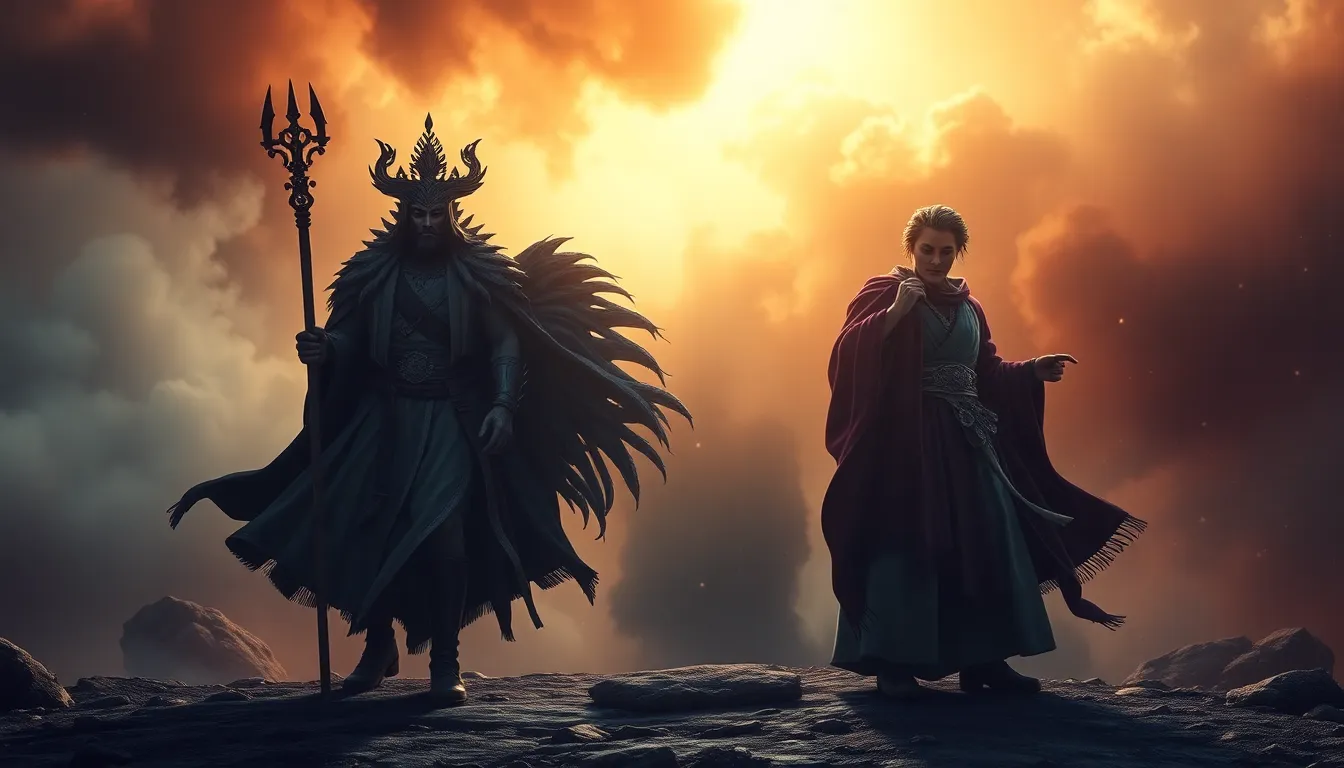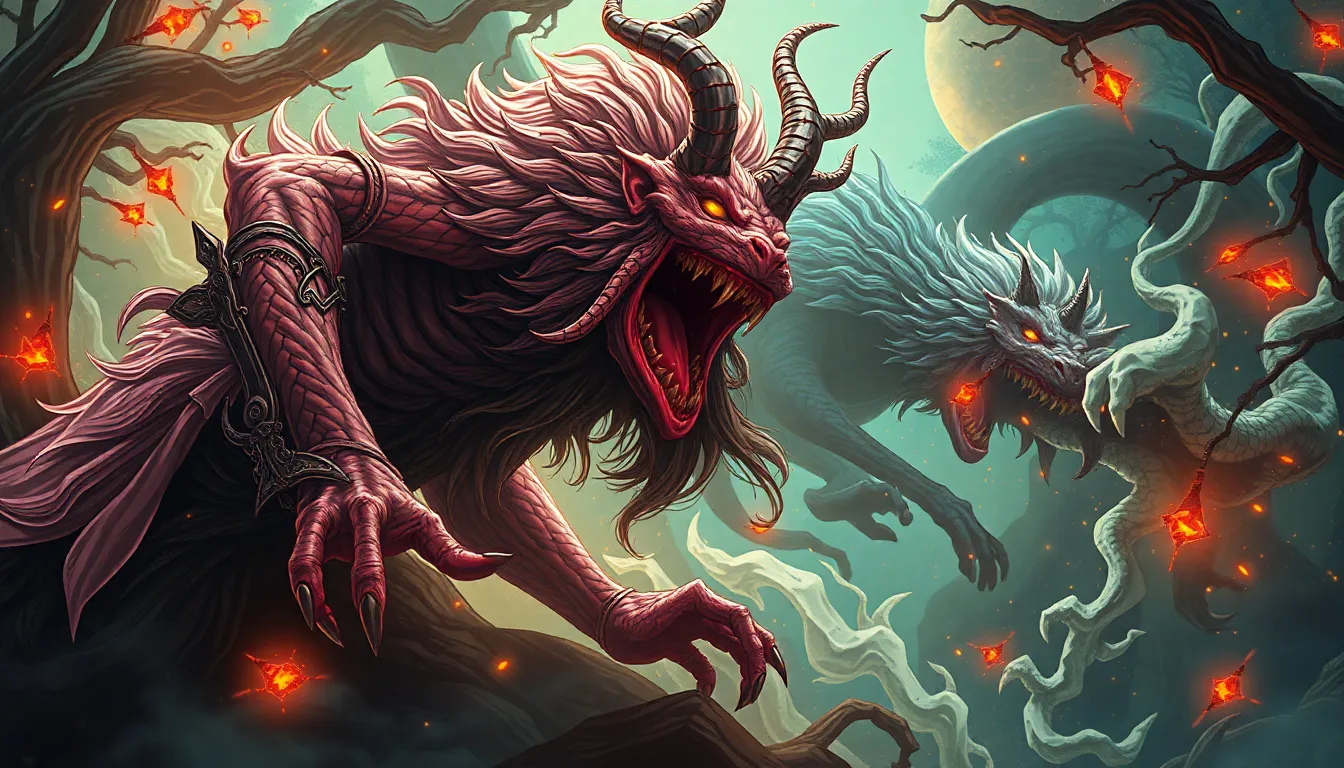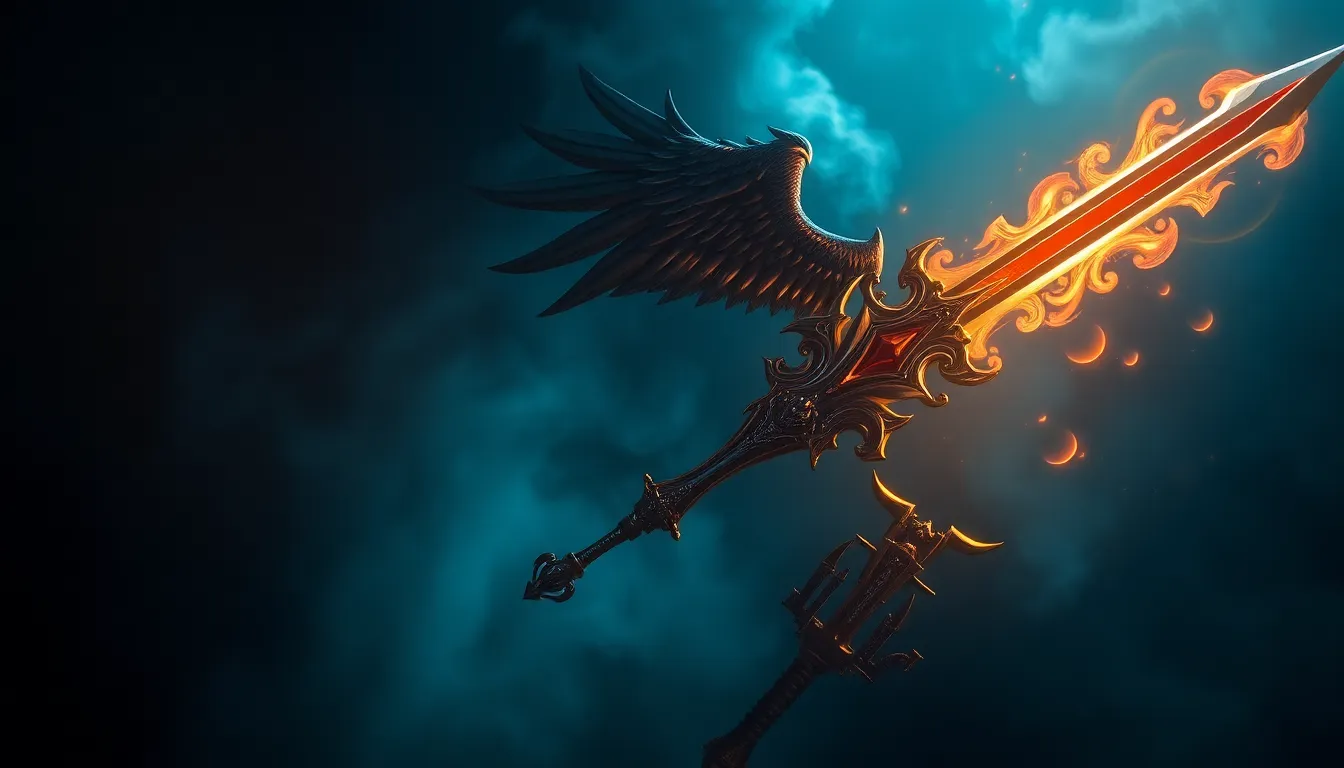The Mythical Influence of Cultural Heroes on Our Lives
1. Introduction: Understanding Cultural Heroes
Cultural heroes are figures who embody the values, ideals, and aspirations of a society. They are often celebrated for their extraordinary achievements, moral courage, and the ability to inspire others. Historically, these figures have played significant roles in shaping cultural narratives and societal norms, serving as symbols of hope, perseverance, and change. The impact of cultural heroes resonates across generations, influencing collective consciousness and identity.
2. The Archetype of the Cultural Hero
The archetype of the cultural hero possesses distinct characteristics that set them apart. Common traits include:
- Selflessness and altruism
- Bravery in the face of adversity
- A vision for a better future
- Relatability, making them accessible to the common person
When compared to mythological heroes such as Hercules or Odysseus, cultural heroes often emerge from the fabric of modern society, addressing contemporary issues. While mythological heroes represent larger-than-life ideals, cultural heroes often reflect the struggles and triumphs of ordinary individuals. Archetypes serve not only as narrative tools but also as mirrors that reflect and shape societal values.
3. Historical Figures as Cultural Heroes
Throughout history, many individuals have emerged as cultural heroes. Figures like Martin Luther King Jr. and Mahatma Gandhi exemplify how personal conviction and moral integrity can inspire transformative change. Their stories, often mythologized over time, elevate them to legendary status. For instance:
- Martin Luther King Jr. is celebrated for his nonviolent approach to civil rights, becoming an enduring symbol of justice and equality.
- Mahatma Gandhi’s philosophy of nonviolent resistance inspired movements for civil rights and freedom across the globe.
The impact of their narratives continues to shape contemporary culture, often serving as guiding principles for activists and leaders today.
4. The Role of Folklore and Mythology
Folklore serves as a vital vehicle for heroism, transmitting values and lessons through generations. Mythological narratives often encapsulate the essence of cultural heroes, providing insights into societal ideals. Examples of folklore heroes include:
- Robin Hood, who represents social justice and the fight against oppression.
- King Arthur, symbolizing chivalry and the quest for honor.
These stories remain relevant in modern society, offering lessons that resonate with contemporary struggles and aspirations, reinforcing the importance of heroism in cultural narratives.
5. Cultural Heroes in Literature and Film
The representation of cultural heroes in literature and film significantly influences societal perceptions of heroism. Over time, the evolution of hero archetypes has mirrored changes in cultural values and societal expectations. For instance:
- In classic literature, heroes often embodied ideals of bravery and nobility.
- Modern storytelling frequently portrays heroes with flaws, making them more relatable and human.
These narratives shape cultural identity, offering frameworks through which individuals can understand their place in the world and inspire action toward societal change.
6. The Psychological Impact of Cultural Heroes
Cultural heroes profoundly influence both individual and collective psychology. They serve as role models, shaping personal aspirations and values. Psychological theories related to hero worship highlight how individuals may aspire to emulate their heroes. This phenomenon can manifest in various ways:
- Inspiration to pursue personal goals and ambitions.
- Identification with the hero’s struggles and triumphs, fostering a sense of belonging.
However, the idealization of heroes can also lead to unrealistic expectations, complicating the relationship between society and its heroes.
7. Cultural Heroes in Modern Society
In today’s world, contemporary cultural heroes emerge from various fields, including activism, sports, and entertainment. Social media plays a crucial role in the elevation of modern heroes, allowing for rapid dissemination of their stories and ideals. Examples include:
- Activists like Greta Thunberg, who champions climate change awareness.
- Celebrities who use their platforms for social justice causes.
While the accessibility of heroes has democratized the concept, it also raises questions about the implications of hero worship in a digital age, where narratives can be easily manipulated.
8. The Critique of Cultural Heroes
While cultural heroes can inspire, there are dangers in idealizing them. The phenomenon of “fallen heroes” illustrates how public figures can disappoint or betray the values they once represented. Case studies, such as those of once-revered leaders who faced scandals, highlight the importance of critical engagement with hero narratives. It is essential to recognize:
- The complexities of human nature.
- The societal pressures placed upon heroes.
Critical engagement encourages a more nuanced understanding of heroism, balancing admiration with realism.
9. The Future of Cultural Heroes
As we move further into the 21st century, the portrayal of heroes is likely to evolve. Trends suggest a shift towards inclusivity and diversity in hero narratives, reflecting a broader array of experiences and identities. Potential evolutions may include:
- Greater representation of marginalized voices in mainstream narratives.
- A focus on community-driven heroism rather than individual glory.
The influence of emerging heroes will continue to shape societal values, emphasizing the importance of collective action in addressing global challenges.
10. Conclusion: The Lasting Legacy of Cultural Heroes
Cultural heroes hold a significant place in our lives, shaping our understanding of morality, identity, and societal aspirations. They serve as beacons of hope and sources of inspiration, urging us to strive for a better world. As we engage with hero narratives, it is imperative to do so critically and constructively, recognizing both their power and their limitations. In doing so, we honor the legacy of cultural heroes while fostering a more inclusive and realistic portrayal of heroism in our society.




